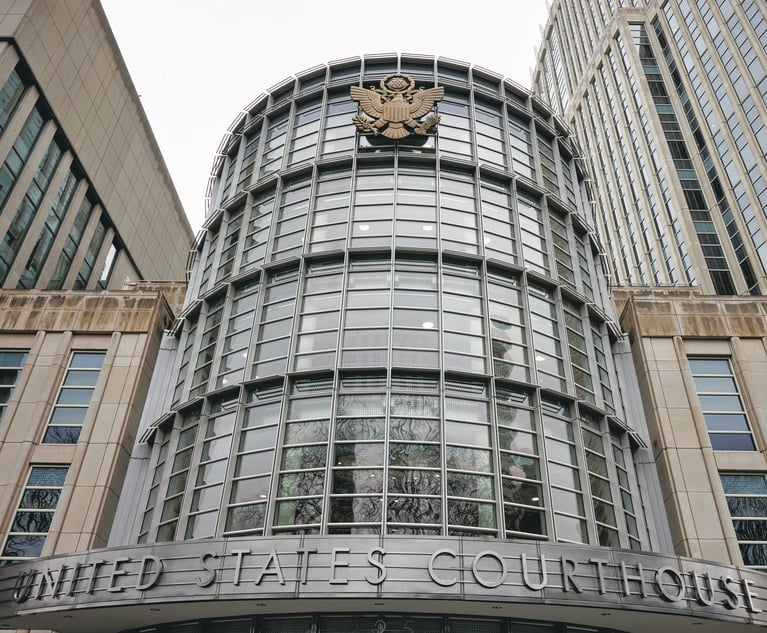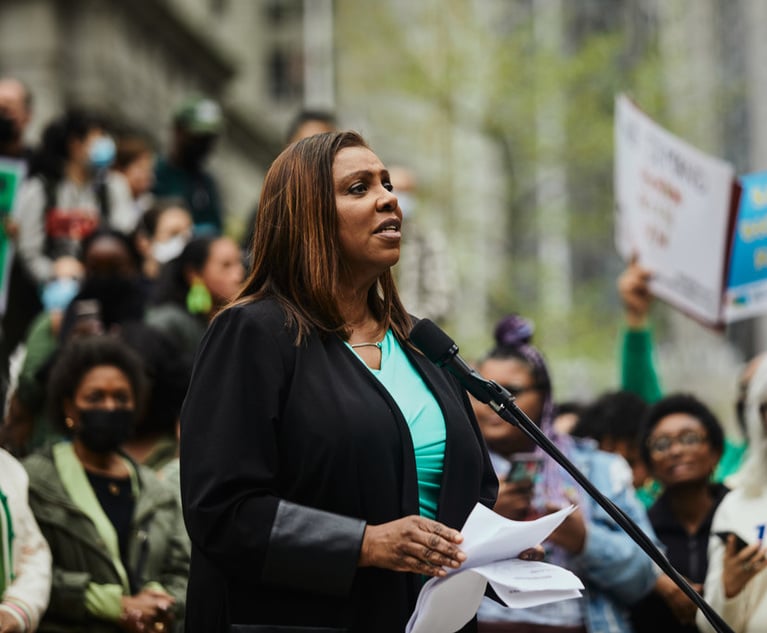This column reports on several recent and significant representative decisions by the U.S. District Court for the Eastern District of New York. In reducing a lengthy sentence designed expressly for specific deterrence, Judge Gary R. Brown found that defendant’s medical impairments, most of which arose during his 17 years of imprisonment, had greatly lessened the risk of recidivism, justifying a measure of relief under §3582(c)(1)(A). Judge Pamela K. Chen found that, under ERISA, unionized workers had standing to sue trustees of their former union regarding dollar amounts transferred to their new union. And Judge Sterling Johnson Jr. found that plaintiffs had failed to establish a bank’s liability under the Truth in Lending Act regarding disclosures related to their mortgage.
18 U.S.C. §3582(c)(1)(A)—Non-COVID-19 Medical Factors Justifying a Sentence Reduction. In Anderson v. United States, 05 CR 418 (EDNY, June 3, 2022), Judge Brown reduced a sentence from 327 months to 262 months, where the post-sentencing accrual of serious medical conditions made defendant much less dangerous, thus creating “extraordinary and compelling circumstances” for the reduction.


 U.S. Courthouse, Eastern District of New York in Brooklyn, New York. Photo: Ryland West/ALM
U.S. Courthouse, Eastern District of New York in Brooklyn, New York. Photo: Ryland West/ALM




